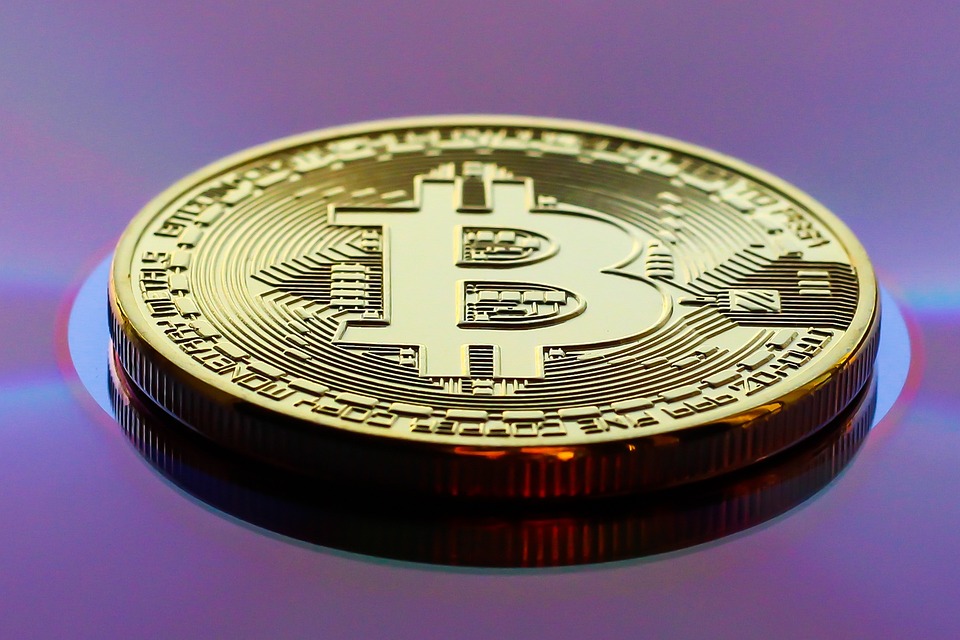Bitcoin, the first and most renowned cryptocurrency, has taken the world by storm since its inception in 2009. With headlines announcing multi-million-dollar investments, waves of new technology, and the potential for decentralized finance (DeFi), it’s no wonder that many are curious about this revolutionary digital currency. However, as a newcomer, the vastness of information can feel overwhelming. No need to fret! This guide aims to provide a straightforward roadmap for Bitcoin novices, enabling you to embark on your crypto journey with confidence.
1. Understanding Bitcoin: The Basics
Before diving into the technical details, it’s essential to grasp what Bitcoin is. Bitcoin is a decentralized digital currency that allows peer-to-peer transactions without the need for intermediaries like banks. It operates on a technology called blockchain—a distributed ledger that records all transactions across a network of computers, ensuring transparency and security.
Key Terms to Know:
- Bitcoin (BTC): The digital currency itself.
- Blockchain: A decentralized ledger that records all Bitcoin transactions.
- Wallet: A digital tool that allows you to store, send, and receive Bitcoin.
- Mining: The process by which new bitcoins are created and transactions are verified on the blockchain.
2. Setting Up Your Wallet
To own and use Bitcoin, you’ll need a wallet. Wallets can be categorized into two main types: hot wallets and cold wallets.
Hot Wallets:
- Web Wallets: Accessible through your web browser. Easy to use but susceptible to hacks.
- Mobile Wallets: Apps on your smartphone. Convenient for everyday transactions.
Cold Wallets:
- Hardware Wallets: Physical devices that store your Bitcoin offline. Highly secure but less convenient.
- Paper Wallets: Physical printouts of your Bitcoin address and private keys. Risky if not stored properly.
For novices, starting with a reputable web or mobile wallet is suitable. Examples include Coinbase, Blockchain.com, and Electrum. Always remember to enable two-factor authentication (2FA) for added security.
3. Buying Your First Bitcoin
With your wallet set up, it’s time to buy Bitcoin. Here’s how to do it:
Choose an Exchange:
Select a reputable cryptocurrency exchange where you can buy Bitcoin. Some popular options include:
- Coinbase: User-friendly for beginners.
- Binance: Offers a wide range of cryptocurrencies.
- Kraken: Known for strong security measures.
Fund Your Account:
After creating an account, you will need to fund it. Generally, you can deposit funds via bank transfer, credit or debit cards.
Execute Your First Purchase:
Once your account is funded, locate BTC on the exchange, enter the amount you wish to buy, and confirm the transaction. Always check current market prices to ensure you’re buying at a fair rate.
4. Storing Your Bitcoin
After purchasing, it’s prudent to transfer your Bitcoin from the exchange to your wallet, especially if you intend to hold it long-term. Keeping your Bitcoin on an exchange can expose you to risks, such as hacks.
Transfer Steps:
- In your wallet, find your Bitcoin address (a unique string of alphanumeric characters).
- On the exchange, select the option to withdraw funds.
- Enter your Bitcoin address and the amount you wish to withdraw.
- Double-check for accuracy and confirm the transaction.
5. Keeping Your Bitcoin Secure
Security is paramount in the world of cryptocurrencies. Here are some tips to help you:
- Use Strong Passwords: Create unique passwords for your crypto accounts.
- Enable Two-Factor Authentication (2FA): Add an extra layer of security.
- Be Wary of Phishing Scams: Always verify links and sources before providing personal information.
6. Learning About Bitcoin’s Ecosystem
Understanding Bitcoin is only the beginning; the crypto ecosystem is vast and continually evolving. Here are some areas for further learning:
- Decentralized Finance (DeFi): Explore platforms allowing users to lend, borrow, and trade cryptocurrencies without intermediaries.
- Non-Fungible Tokens (NFTs): Understand the digital ownership concepts introduced through blockchain technology.
- Smart Contracts: Learn about self-executing contracts coded on blockchain platforms.
7. Stay Informed
The cryptocurrency space is dynamic, with new advancements and regulatory changes constantly emerging. Follow reputable news sources, subscribe to cryptocurrency podcasts, or join online forums to stay updated. Communities like Reddit’s r/Bitcoin and Twitter are also excellent for insights and discussions.
Conclusion
Bitcoin represents a groundbreaking evolution in how we understand money and finance. As a newcomer, taking the time to understand its basics, setting up your wallet, purchasing your first Bitcoin, and ensuring security will empower you on your crypto journey. Remember that, like any investment, it’s essential to invest only what you can afford to lose and to consult financial advisors when needed. With a little patience and research, you’ll be well on your way to becoming a knowledgeable participant in the exciting world of Bitcoin!


